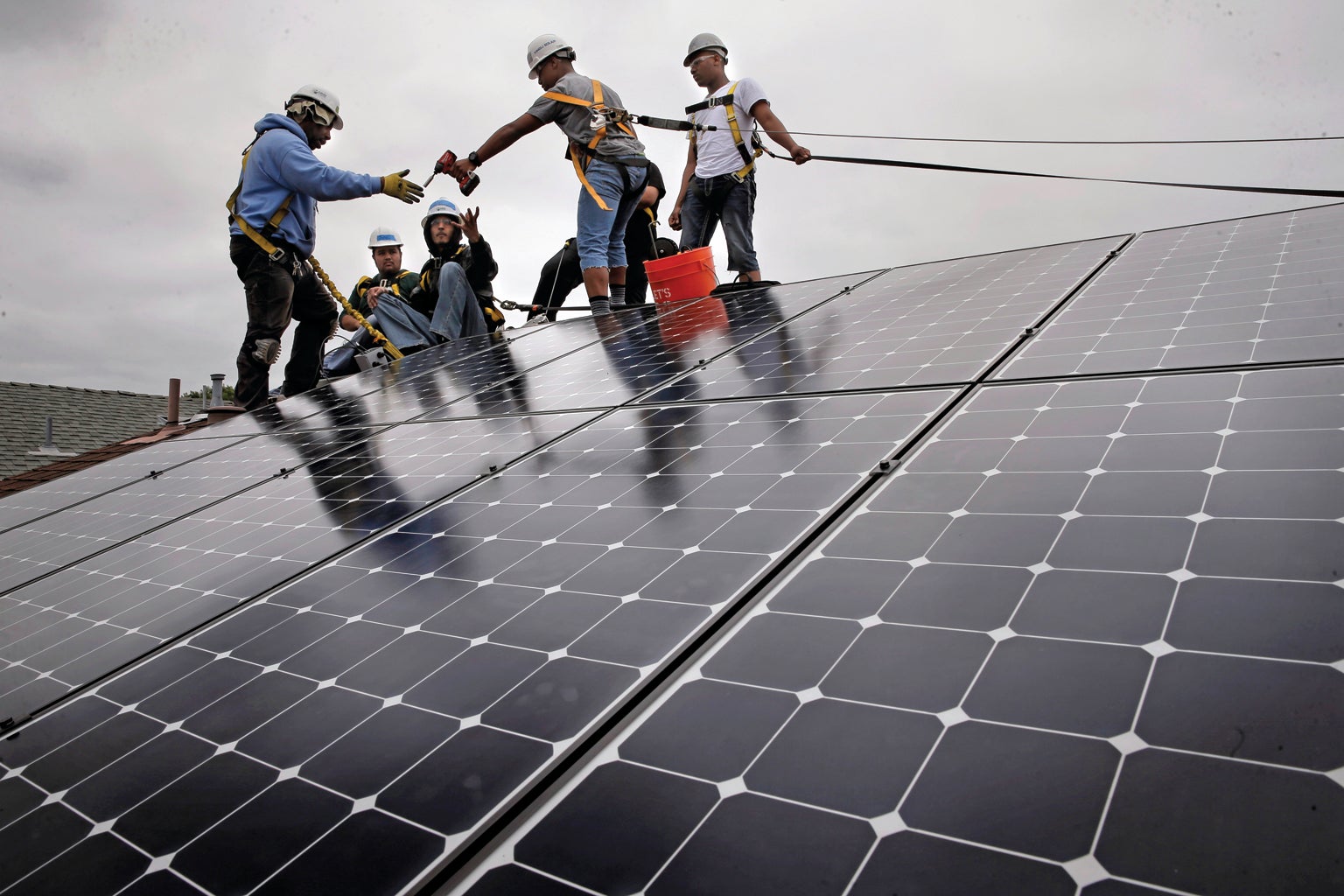The Environmental Justice Implications of Solar Energy Deployment

The deployment of solar energy can have significant environmental justice implications, influencing the distribution of environmental benefits and burdens among communities, particularly those historically marginalized or disadvantaged. Here are some key environmental justice implications of solar energy deployment:
Reduction of Environmental Health Risks: Solar energy deployment reduces environmental health risks associated with fossil fuel-based electricity generation, including air pollution, water contamination, and greenhouse gas emissions. By displacing coal, oil, and natural gas-fired power plants, solar energy helps improve air quality, mitigate climate change impacts, and reduce public health disparities, benefiting communities disproportionately affected by environmental pollution and health hazards.
Mitigation of Environmental Injustices: Solar energy deployment contributes to mitigating environmental injustices by promoting cleaner, more sustainable energy sources and reducing environmental inequalities and disparities. Low-income communities, communities of color, and indigenous communities often bear a disproportionate burden of environmental pollution and resource extraction, leading to adverse health outcomes, economic hardships, and social inequities. Solar energy offers an opportunity to address environmental injustices and promote environmental justice principles, such as equity, participation, and accountability, in energy decision-making processes.
Access to Renewable Energy Benefits: Solar energy deployment expands access to renewable energy benefits, such as clean air, clean water, and climate resilience, for communities that have historically been excluded from or marginalized in the energy transition. By increasing access to solar energy technologies, including rooftop solar, community solar, and solar microgrids, vulnerable communities can benefit from reduced energy costs, energy independence, and local economic development opportunities, enhancing environmental justice and energy equity outcomes.
Community Ownership and Participation: Solar energy projects that prioritize community ownership, participation, and engagement can empower frontline communities to control their energy futures, advocate for their interests, and address environmental justice concerns. Community-owned solar installations, cooperative models, and shared benefits agreements ensure that local communities have a stake in solar energy development decisions, receive equitable economic benefits, and have a voice in shaping energy policies and practices.
Siting and Land Use Considerations: The siting of solar energy projects can raise environmental justice concerns related to land use, biodiversity conservation, and cultural heritage preservation. Solar developers should consider community preferences, environmental impacts, and indigenous rights when siting projects, avoiding sensitive habitats, agricultural lands, and culturally significant areas, and engaging in meaningful consultation with affected communities to address concerns and mitigate potential conflicts.
Equitable Access to Solar Financing and Incentives: Ensuring equitable access to solar financing, incentives, and subsidies is essential for promoting environmental justice and overcoming financial barriers to solar energy adoption in underserved communities. Financial incentives, such as tax credits, rebates, grants, and low-interest loans, should be designed to prioritize and benefit low-income households, disadvantaged communities, and environmental justice populations, enabling broader participation in the clean energy transition.
Addressing Energy Affordability and Energy Burdens: Solar energy deployment can help address energy affordability challenges and reduce energy burdens for low-income households, who often spend a higher proportion of their income on energy costs. Solar energy programs, such as energy efficiency upgrades, weatherization assistance, and utility bill assistance, complement solar installations to reduce energy consumption, lower utility bills, and alleviate energy poverty, improving the socio-economic well-being of vulnerable communities.
Overall, the environmental justice implications of solar energy deployment underscore the importance of integrating equity considerations, community engagement, and social justice principles into energy planning, policy development, and project implementation processes. By prioritizing environmental justice goals, promoting inclusive and participatory decision-making, and addressing systemic inequalities, solar energy deployment can contribute to building more just, equitable, and sustainable energy systems that benefit all communities, particularly those most affected by environmental injustices and inequities.
Thank you,